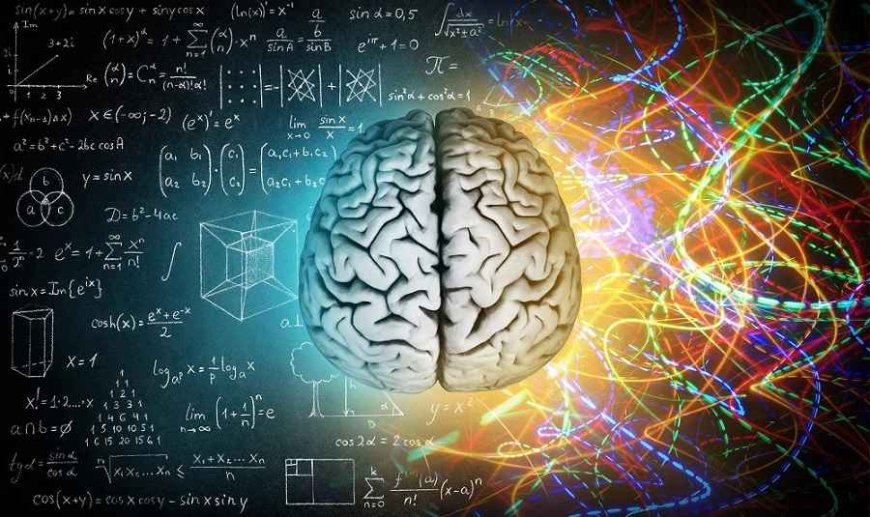Enhancing Education through Psychology: Unleashing the Power of Minds
The dynamic relationship between psychology and education has long been recognized as a crucial factor in shaping effective learning

The dynamic relationship between psychology and education has long been recognized as a crucial factor in shaping effective learning environments and fostering students' overall well-being. The principles and insights from psychology offer valuable tools for educators to understand the complexities of human behavior, optimize teaching strategies, and improve learning outcomes. In this article, we delve into the ways psychology can positively impact education, from promoting motivation and engagement to addressing learning challenges and supporting students' social-emotional development.
Understanding Learning Styles and Individual Differences
Psychology helps educators recognize that each student possesses unique learning styles and preferences. By understanding these individual differences, teachers can tailor their instructional methods to accommodate diverse learning needs effectively. Visual, auditory, and kinesthetic learners, for example, may benefit from varying teaching techniques that cater to their specific strengths. Emphasizing differentiation in the classroom enables students to access knowledge in ways that resonate best with their cognitive processes.
Motivation and Goal Setting
Psychological theories on motivation, such as Self-Determination Theory and Goal Setting Theory, shed light on how educators can inspire students to achieve their academic potential. Creating a positive learning environment that nurtures intrinsic motivation, autonomy, and competence can increase students' engagement and drive to excel. By setting attainable goals and providing constructive feedback, teachers can further encourage students to persist in their academic pursuits.
Enhancing Memory and Learning Retention
Cognitive psychology provides insights into memory processes and learning retention. Applying strategies such as spaced repetition, active learning, and retrieval practice can enhance students' ability to retain and recall information effectively. These evidence-based techniques optimize the learning experience, ensuring that knowledge is stored in long-term memory and can be applied in real-world situations.
Promoting Positive Classroom Management
Understanding social psychology can significantly impact classroom management strategies. By recognizing the influence of group dynamics, teachers can foster a cooperative and respectful classroom environment. Implementing techniques like positive reinforcement, cooperative learning, and conflict resolution can enhance collaboration among students and reduce disruptive behaviors.
Addressing Learning Challenges and Special Needs
Educational psychology plays a critical role in identifying and addressing learning challenges and special needs. By conducting comprehensive assessments and early intervention, educators can create personalized learning plans for students with learning disabilities or developmental differences. Implementing accommodations and tailored support can empower these students to thrive academically and emotionally.
Cultivating Emotional Intelligence and Well-Being
Psychology emphasizes the importance of emotional intelligence and well-being in the learning process. By promoting emotional regulation, empathy, and self-awareness, educators can help students navigate their emotions effectively. Incorporating mindfulness practices and social-emotional learning into the curriculum can foster a positive school climate and support students' mental health.
Utilizing Technology for Personalized Learning
Educational psychology embraces the integration of technology in the learning experience. Adaptive learning platforms and educational apps can provide personalized learning pathways tailored to individual students' strengths and weaknesses. This technology-driven approach enhances engagement and encourages self-directed learning, enabling students to take ownership of their educational journey.
Promoting Lifelong Learning and Growth Mindset
Psychology encourages the development of a growth mindset, where students believe that their abilities can improve through effort and perseverance. By emphasizing the process of learning rather than fixed intelligence, educators can cultivate a passion for lifelong learning. Students with a growth mindset are more likely to embrace challenges, persist through setbacks, and develop resilience in the face of academic difficulties.
Psychology's significant contributions to education have revolutionized how educators approach teaching and learning. By understanding individual differences, fostering motivation, enhancing memory retention, and promoting emotional intelligence, educators can create supportive and empowering learning environments that lead to positive student outcomes.
The collaboration between psychology and education continues to pave the way for innovative teaching practices, evidence-based interventions, and holistic approaches to student development. As educators harness the power of psychological principles, they unlock the potential of every student, fostering a generation of lifelong learners equipped to tackle the challenges of the future.
